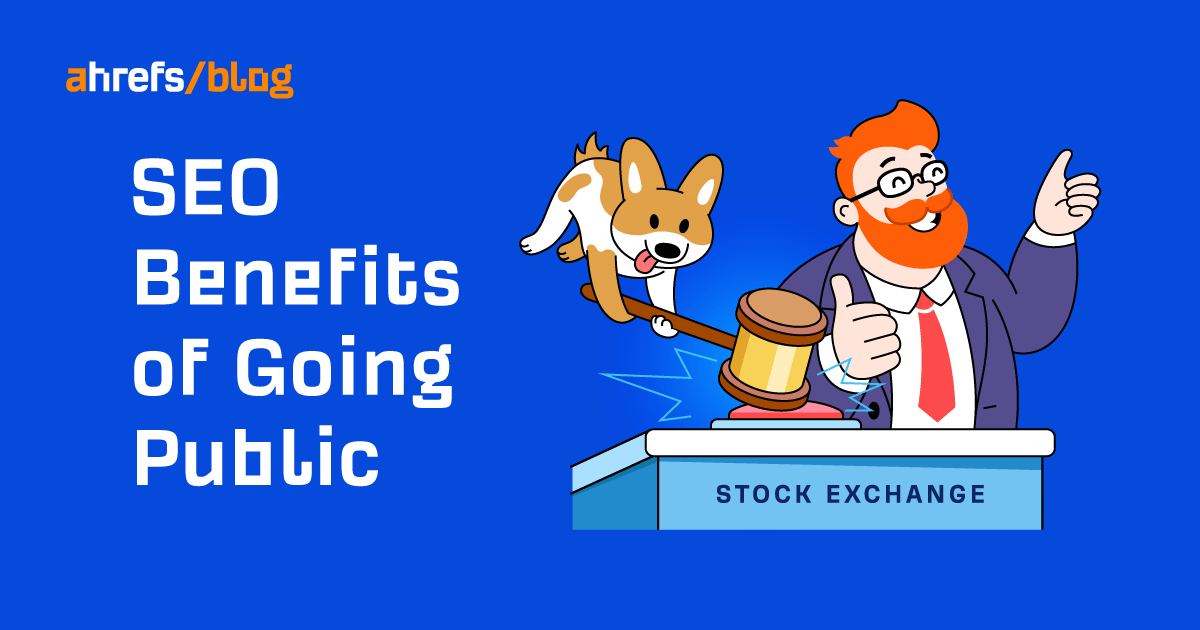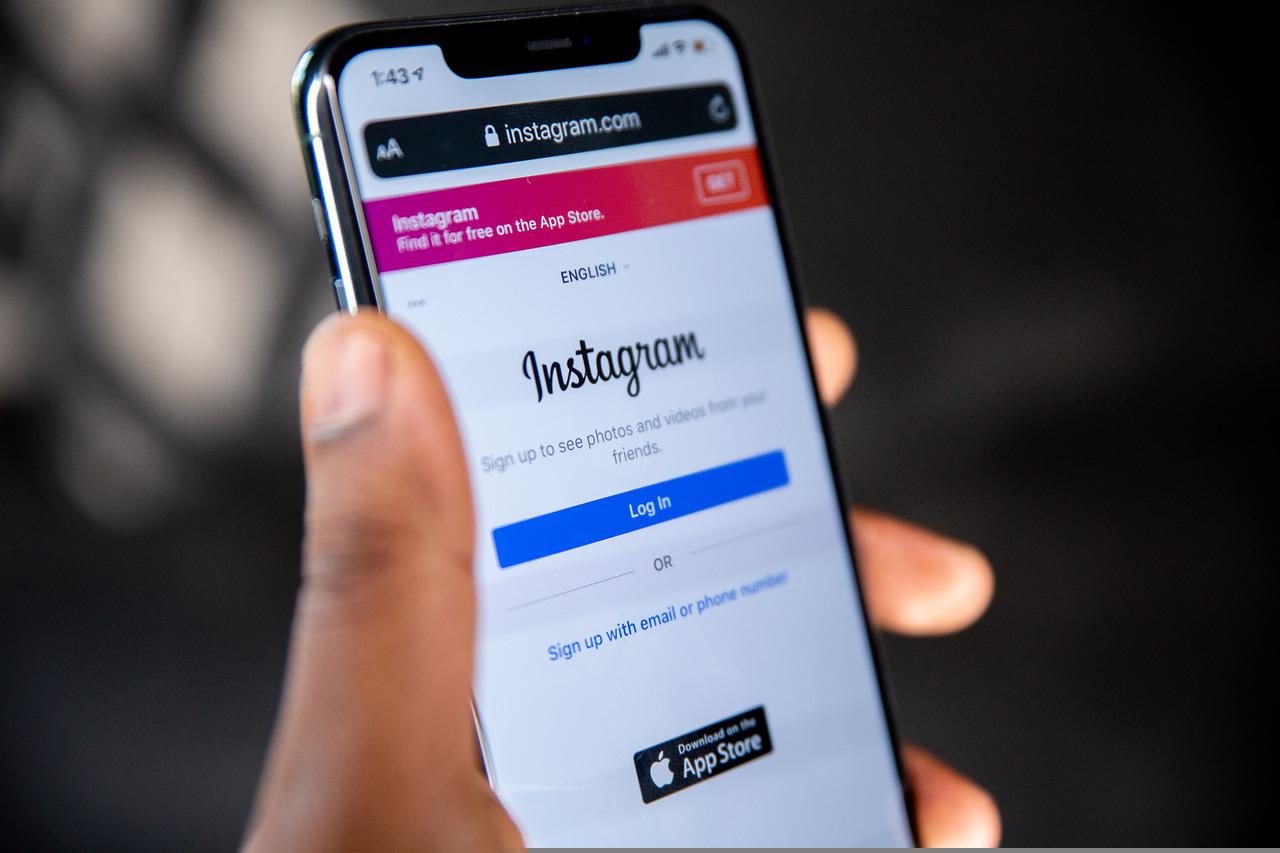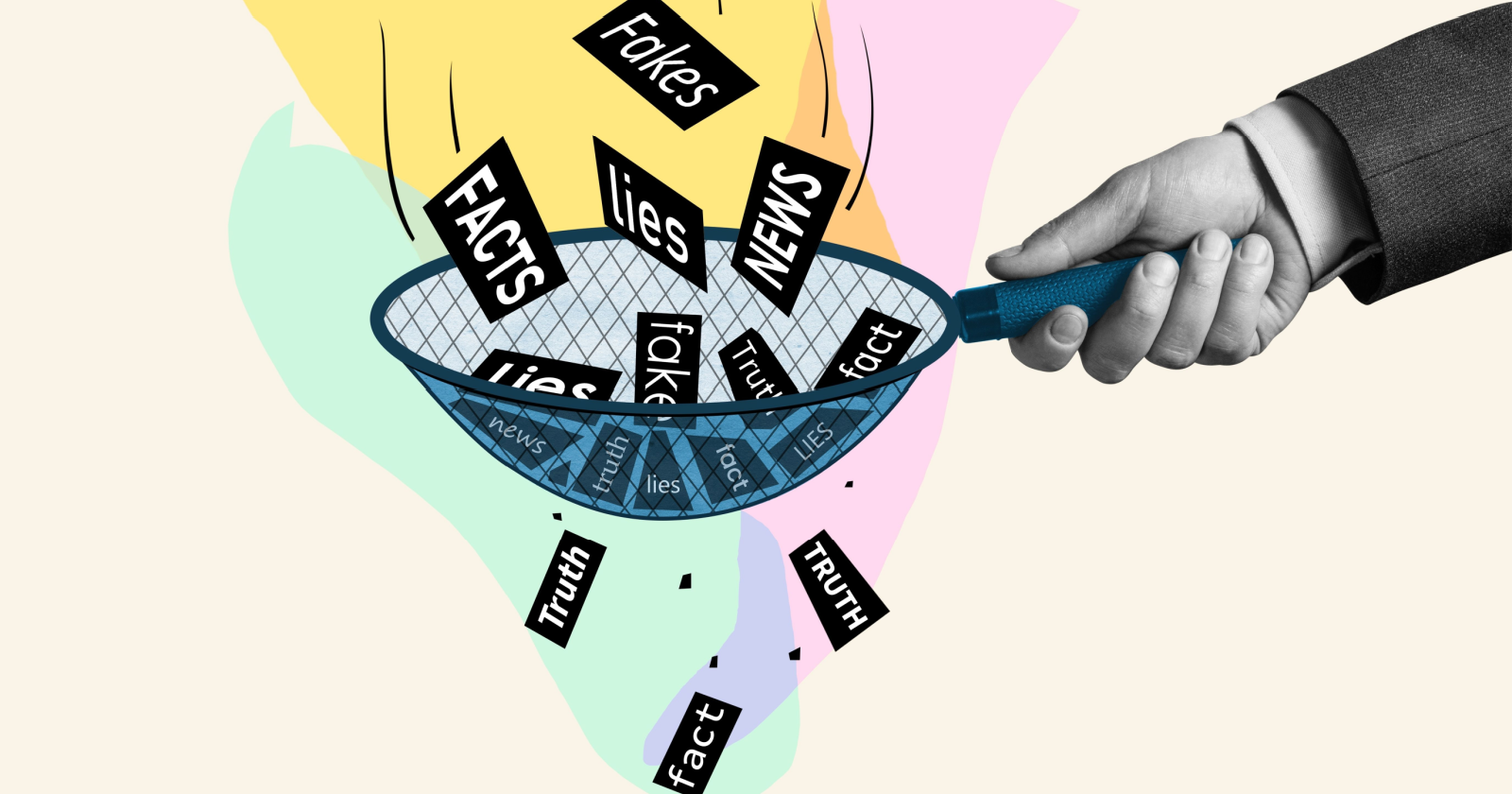Google’s Mueller Criticizes Negative SEO & Link Disavow Companies via @sejournal, @martinibuster
John Mueller criticized negative SEO services as well as certain kinds of link disavow companies, saying that they were "making things up" The post Google’s Mueller Criticizes Negative SEO & Link Disavow Companies appeared first on Search Engine Journal.

John Mueller recently made strong statements against SEO companies that provide negative SEO and other agencies that provide link disavow services outside of the tool’s intended purpose, saying that they are “cashing in” on clients who don’t know better.
While many frequently say that Mueller and other Googlers are ambiguous, even on the topic of link disavows.
The fact however is that Mueller and other Googlers have consistently recommended against using the link disavow tool.
This may be the first time Mueller actually portrayed SEOs who liberally recommend link disavows in a negative light.
What Led to John Mueller’s Rebuke
The context of Mueller’s comments about negative SEO and link disavow companies started with a tweet by Ryan Jones (@RyanJones)
Ryan tweeted that he was shocked at how many SEOs regularly offer disavowing links.
He tweeted:
“I’m still shocked at how many seos regularly disavow links. Why? Unless you spammed them or have a manual action you’re probably doing more harm than good.”
The reason why Ryan is shocked is because Google has consistently recommended the tool for disavowing paid/spammy links that the sites (or their SEOs) are responsible for.
And yet, here we are, eleven years later, and SEOs are still misusing the tool for removing other kinds of tools.
Here’s the background information about that.
Link Disavow Tool
In the mid 2000’s there was a thriving open market for paid links prior to the Penguin Update in April 2012. The commerce in paid links was staggering.
I knew of one publisher with around fifty websites who received a $30,000 check every month for hosting paid links on his site.
Even though I advised my clients against it, some of them still purchased links because they saw everyone else was buying them and getting away with it.
The Penguin Update caused the link selling boom collapsed.
Thousands of websites lost rankings.
SEOs and affected websites strained under the burden of having to contact all the sites from which they purchased paid links to ask to have them removed.
So some in the SEO community asked Google for a more convenient way to disavow the links.
Months went by and after resisting the requests, Google relented and released a disavow tool.
Google cautioned from the very beginning to only use the tool for disavowing links that the site publishers (or their SEOs) are responsible for.
The first paragraph of Google’s October 2012 announcement of the link disavow tool leaves no doubt on when to use the tool:
“Today we’re introducing a tool that enables you to disavow links to your site.
If you’ve been notified of a manual spam action based on ‘unnatural links’ pointing to your site, this tool can help you address the issue.
If you haven’t gotten this notification, this tool generally isn’t something you need to worry about.”
The message couldn’t be clearer.
But at some point in time, link disavowing became a service applied to random and “spammy looking” links, which is not what the tool is for.
Link Disavow Takes Months To Work
There are many anecdotes about link disavows that helped sites regain rankings.
They aren’t lying, I know credible and honest people who have made this claim.
But here’s the thing, John Mueller has confirmed that the link disavow process takes months to work its way through Google’s algorithm.
Sometimes things happen that are not related, no correlation. It just looks that way.
John shared how long it takes for a link disavow to work in a Webmaster Hangout:
“With regards to this particular case, where you’re saying you submitted a disavow file and then the ranking dropped or the visibility dropped, especially a few days later, I would assume that that is not related.
So in particular with the disavow file, what happens is we take that file into account when we reprocess the links kind of pointing to your website.
And this is a process that happens incrementally over a period of time where I would expect it would have an effect over the course of… I don’t know… maybe three, four, five, six months …kind of step by step going in that direction.
So if you’re saying that you saw an effect within a couple of days and it was a really strong effect then I would assume that this effect is completely unrelated to the disavow file. …it sounds like you still haven’t figured out what might be causing this.”
John Mueller: Negative SEO and Link Disavow Companies are Making Stuff Up
Context is important to understand what was said.
So here’s the context for John Mueller’s remark.
An SEO responded to Ryan’s tweet about being shocked at how many SEOs regularly disavow links.
The person responding to Ryan tweeted that disavowing links was still important, that agencies provide negative SEO services to take down websites and that link disavow is a way to combat the negative links.
The SEO (SEOGuruJaipur) tweeted:
“Google still gives penalties for backlinks (for example, 14 Dec update, so disavowing links is still important.”
SEOGuruJaipur next began tweeting about negative SEO companies.
Negative SEO companies are those that will build spammy links to a client’s competitor in order to make the competitor’s rankings drop.
SEOGuruJaipur tweeted:
“There are so many agencies that provide services to down competitors; they create backlinks for competitors such as comments, bookmarking, directory, and article submission on low quality sites.”
SEOGuruJaipur continued discussing negative SEO link builders, saying that only high trust sites are immune to the negative SEO links.
He tweeted:
“Agencies know what kind of links hurt the website because they have been doing this for a long time.
It’s only hard to down for very trusted sites. Even some agencies provide a money back guarantee as well.
They will provide you examples as well with proper insights.”
John Mueller tweeted his response to the above tweets:
“That’s all made up & irrelevant.
These agencies (both those creating, and those disavowing) are just making stuff up, and cashing in from those who don’t know better.”
Then someone else joined the discussion:
(I am the site owner haha)
It's just crazy to me, and extremely annoying, that some site is scraping our entire website's code and duplicating our pages.
I have it disavowed just because they're not links I want, but it's still annoying haha.
— Rutledge Daugette (@TheRealRutledge) January 31, 2023
Mueller tweeted a response:
“Don’t waste your time on it; do things that build up your site instead.”
Unambiguous Statement on Negative SEO and Link Disavow Services
A statement by John Mueller (or anyone) can appear to conflict with prior statements when taken out of context.
That’s why I not only placed his statements into their original context but also the history going back eleven years that is a part of that discussion.
It’s clear that John Mueller feels that those selling negative SEO services and those providing disavow services outside of the intended use are “making stuff up” and “cashing in” on clients who might not “know better.”
Featured image by Shutterstock/Asier Romero

 KickT
KickT 








![How I Built 5,660 Backlinks in 30 Days [New Strategy]](https://api.backlinko.com/app/uploads/2022/04/how-i-built-5660-backlinks-in-30-days.png)










.jpg&h=630&w=1200&q=100&v=6e07dc5773&c=1)











